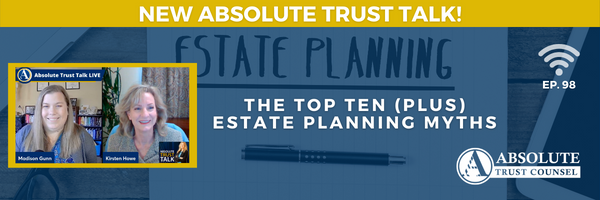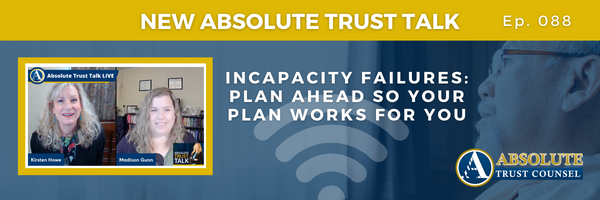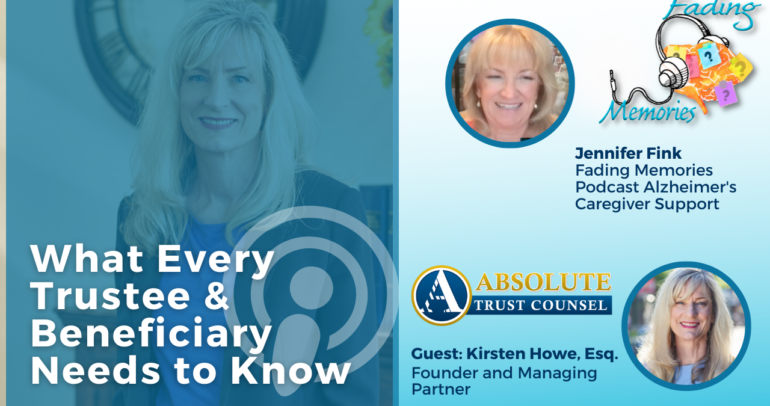Death is a topic many of us prefer to avoid, but as responsible adults, planning for the future includes considering what will happen to our assets when we’re no longer around. US Savings Bonds are a common investment choice for many Americans due to their low risk and reliability. However, what happens to these bonds after the bondholder passes away…













